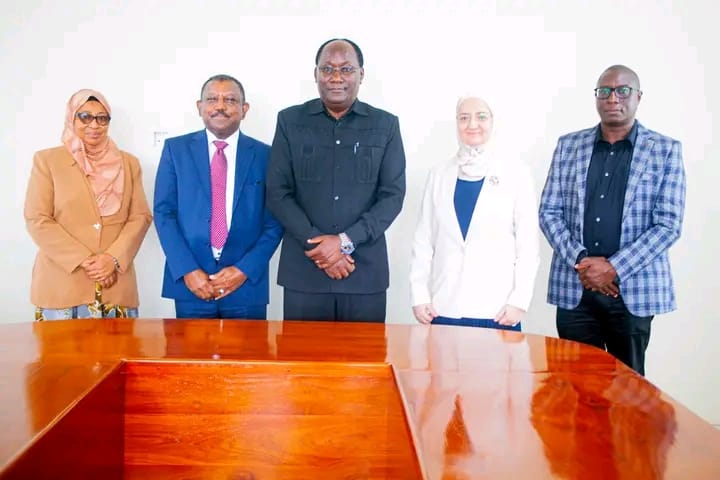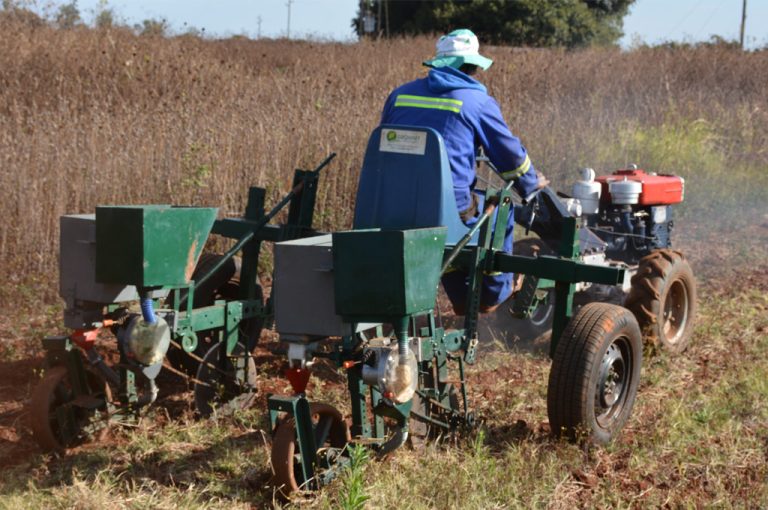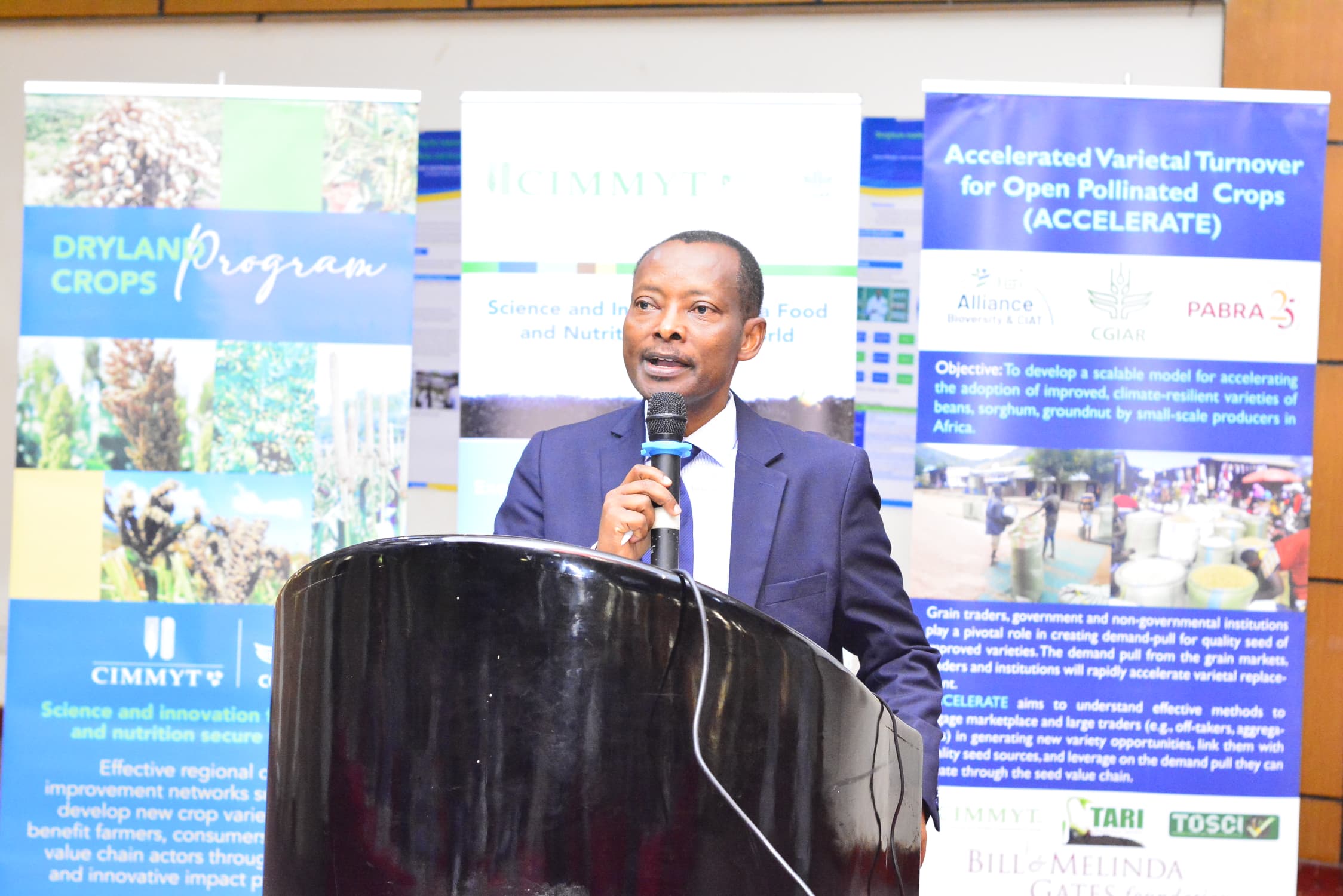
By Senior Reporter VALENTINE OFORO
“The TARI DG talked about the great research work being done by TARI which of recent has seen the release of a total of 16 new improved varieties for beans, groundnuts as well sorghum”
THE Tanzania Agricultural Research Institute (TARI) have expressed commitment to continue putting up robust initiatives to research and develop improve seeds varieties and technologies to enable the country’s agriculture sector to meet the needed targets.
Despite a good stride so far attained in the seeds production sector in the country, the state- owned agricultural institute targets for more farmer’s engagement into the seeds production sector.
The remarks were made by the director general (DG) of TARI, Dr Thomas Bwana in his speech at a special workshop held over the weekend in Dodoma Capital City, attracted agricultural experts from different institutes to brainstorm how to use market intelligence and seed system insight to groundnut, sorghum, and bean to drive varietal turnover.
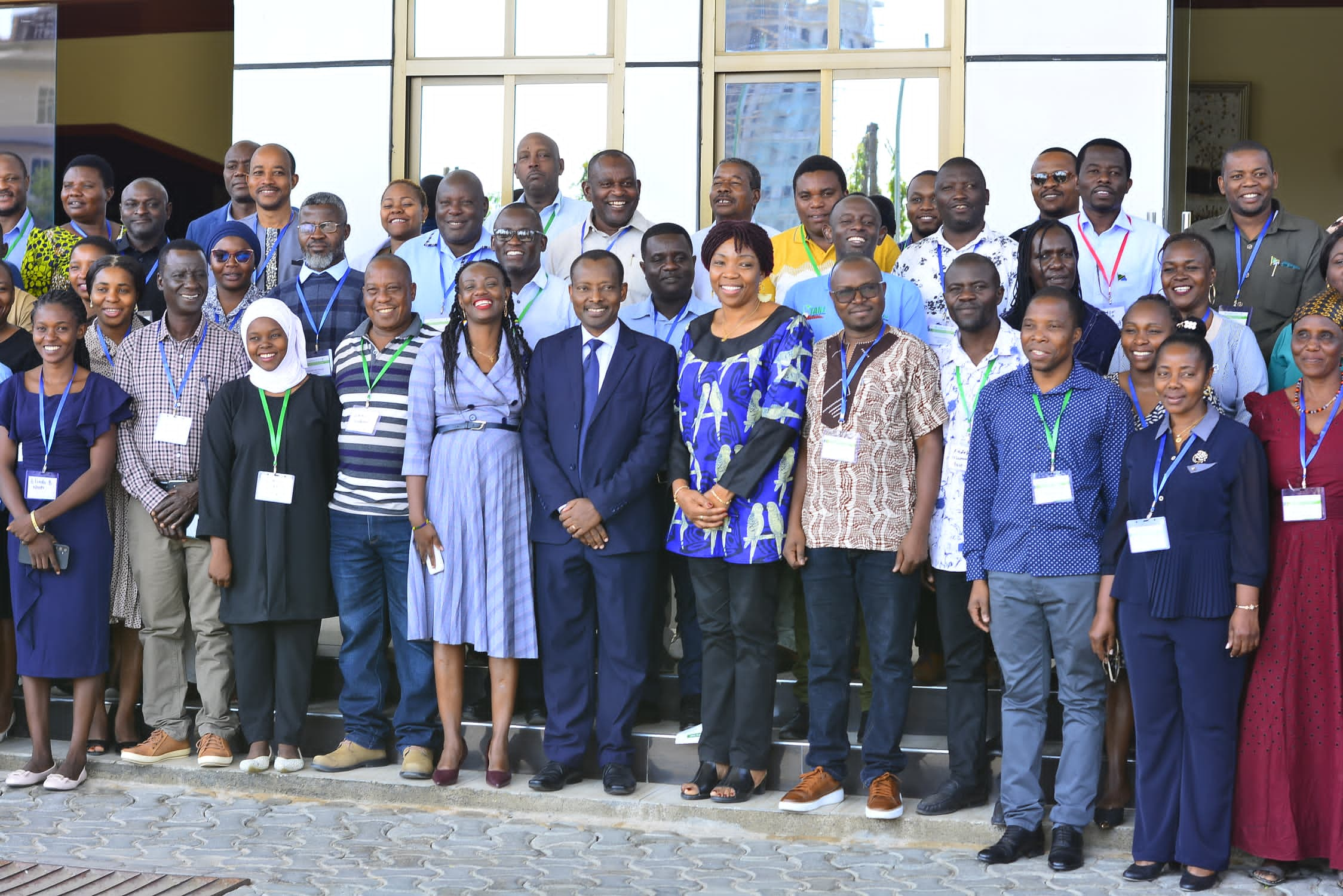
Together with that, the forum was tailored to provide a meaning podium to collect feedback from the stakeholders over the potential of the recently released improved seeds varieties for groundnuts, beans and sorghum.
The varieties have been produced by the Tanzania Agricultural Research Institute (TARI) in partner with numerous international seeds institute through the Accelerated Varietal Turnover for Pollinated Crops (ACCELERATE) project.
Speaking during the workshop, Dr Thomas Bwana assured its stakeholders that it will continue to conduct various research that aim to innovate the best agricultural technologies that address numerous challenges facing the agricultural sector along with the value chain including Climate change which has caused many challenges in agriculture sector resulting to hindrance in productivity.
The TARI DG talked about the great research work being done by TARI which of recent has seen the release of a total of 16 new improved varieties for beans, groundnuts as well sorghum.
“The improved varieties for beans are TARIBEAN 6, TARIBEAN 7, TARIBEAN 8, TARIBEAN 9, TARIBEAN 10, and TARIBEAN 11,” he mentioned.
For groundnuts, the director said are TARIKA 1, TARIKA 2, whereby the improved sorghum seeds varieties include TARISOR 1 and TARISOR 2.
Dr Bwana assured that the state- owned agricultural research institute will also continue to stand at forefront to develop useful technologies to enable the local farmers to address challenges and thus improve production and productivity.
Speaking for his part, Emmanuel Thomas, the National Coordinator for AVISA project observed that the workshop provided insight to stakeholders on newly released varieties while highlighting the critical role stakeholders play in deriving varietal turnover and adoption as well as insights about key market segments for each crop by highlighting promising market opportunities and further on develop a common understanding of how to access and utilize market intelligence information.
Among others, the ACCELERATE project focuses to develop a scalable model for accelerating the adoption of improved, climate- resilient varieties of beans sorghum, groundnuts, by small scale producers in Tanzania, and in Africa as a whole.
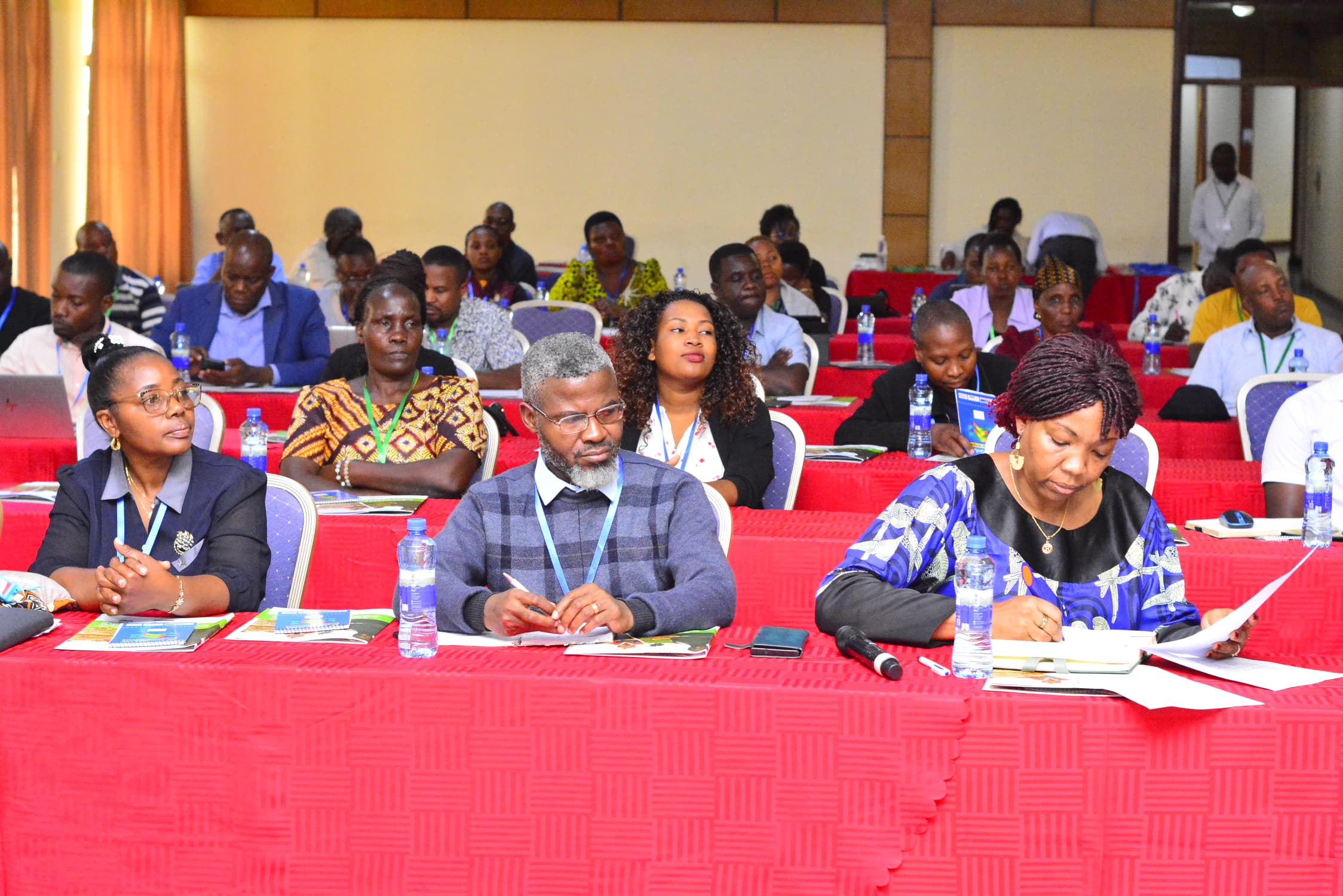
Giving her testimony after having used the improved varieties, the workshop beneficiary, Olipa Mahala a Chamwino based farmer in Dodoma region said she previously used traditional seeds which would give a harvest of 4-5 sacks per hectare compared to the improved variety TARISOR 1 which produces 15-20 sacks per hectare.
Another beneficiary, Agatha Lazier who is a peanut butter processor based in Dar-es- Salaam urged stakeholders especially farmers to seek for various agricultural information from experts like TARI, in order to increase productivity.
Miss Agatha said, “Peanut butter processors we sometimes suffer unnecessary loss because we do not seek for information and expertise, for example among the released groundnuts varieties we need to utilise them according to the guidance from researchers who can advise us on the best variety for processing peanut butter.”
The workshop brought together researchers, farmers, seed entrepreneurs of groundnut, sorghum, bean and peanut butter processors who had an opportunity to discuss and share expertise and experience along the value chain of the aforesaid crops.
Similar workshops were conducted in Arusha and Dar-es-Salaam organised by TARI in collaboration with International Maize and Wheat Improvement Centre (CIMMITY) and had 224 stakeholders in attendance.



